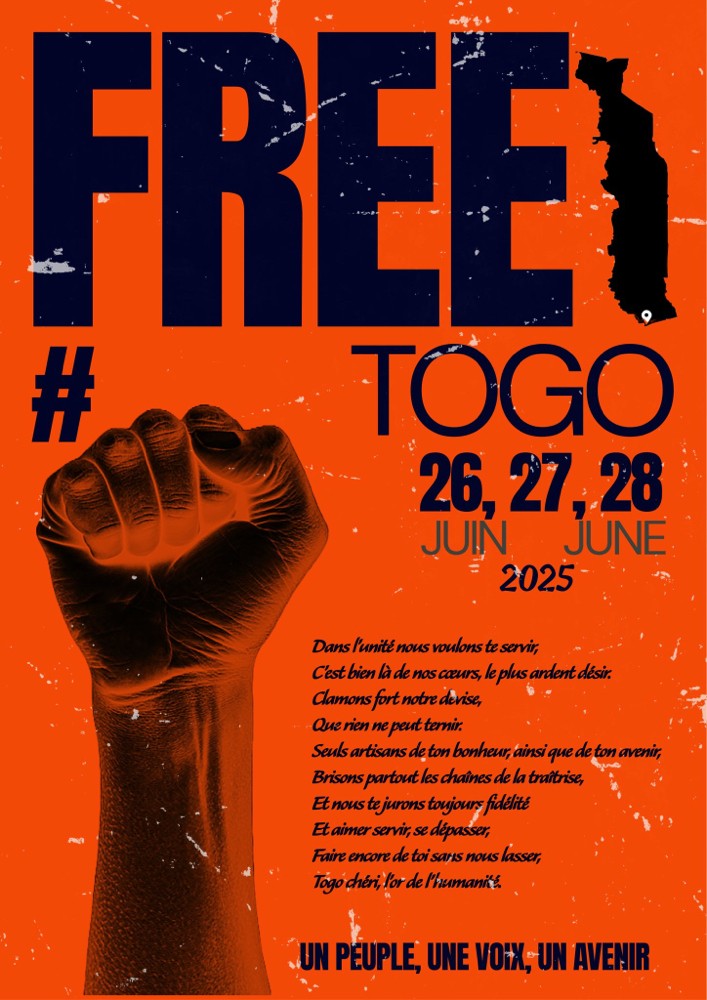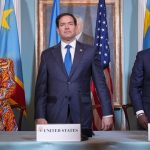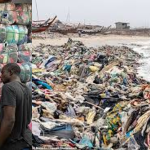
Togolese Protesters Tear-Gassed in Their Homes as Uprising Demands President’s Resignation

Togolese youths have taken to the streets in a three-day demonstration, demanding the resignation of President Faure Gnassingbé. However, security forces are cracking down on the protests.
The demonstrations, which began on Thursday, 26 June and are scheduled to last until Saturday, 28 June, were organised by civil society groups and social media influencers. The protest movement is gaining momentum online under the hashtag #FreeTogo.
Hundreds of demonstrators reportedly took to the streets despite a heavy military presence and earlier crackdowns. Protesters barricaded roads with burning tyres and wooden furniture, throwing projectiles at police officers. In response, security personnel fired tear gas and used batons to disperse the crowds.
On Friday morning, an X user identified as LeVisionaireTG posted a video showing security agents firing tear gas into residential areas.
“See what they’re doing. Not even during demonstrations. They went into peaceful neighbourhoods and just like that started throwing tear gas into houses. This is an attack on civilians. Togo officials should be now hold accountable,” the user wrote.
Later the same day, LSI Africa reported continued protests on the second day of mobilisation:
“The protests continued for the second consecutive day, following a mobilisation call launched on social media against the regime of President Faure Gnassingbé. In several neighbourhoods, groups of youths erected barricades before being dispersed by security forces using tear gas. The atmosphere remains tense in parts of Lomé”, the page shared.
Ahead of the protest, soldiers were heavily deployed across Lomé. Military jeeps were brought in as reinforcements, prompting many businesses to shut down for the day.
Despite this, demonstrators turned out in large numbers across various parts of the capital, citing economic hardship and political dissatisfaction.
Calls for President Gnassingbé’s resignation have intensified in recent months, following his swearing-in as President of the Council of Ministers in May 2025. The new position, created through a constitutional amendment passed by Togo’s parliament in 2024, grants great executive powers and comes with no term limits.
The appointment has drawn widespread criticism, with many Togolese viewing it as another attempt by Mr Gnassingbé to entrench his hold on power. Mr Gnassingbé has ruled Togo since 2005, after the death of his father, Gnassingbé Eyadéma, who led the country for 38 years. His rise to power was arranged swiftly by the military and has remained controversial ever since.
Previous protests against the government have also faced repression. Dozens of demonstrators have been arrested, and anti-government gatherings frequently banned.
About The Author
Related Articles
Asake Sets New Billboard Afrobeats Record as Chart Presence Grows
Asake has further cemented his place as one of Afrobeats’ most dominant...
ByWest Africa WeeklyJanuary 29, 2026Nigerians Lament PayPal’s Return as Old Wounds Resurface
PayPal’s reentry into Nigeria through a partnership with local fintech company Paga...
ByWest Africa WeeklyJanuary 29, 2026Tanzania Eyes Gold Sales as Aid Declines and Infrastructure Needs Grow
Tanzania is weighing plans to sell part of its gold reserves to...
ByWest Africa WeeklyJanuary 29, 2026Mali Tightens Grip on Explosives Supply With New Majority Stake
The Malian government has taken majority ownership of a civil explosives manufacturing...
ByWest Africa WeeklyJanuary 29, 2026












Leave a comment